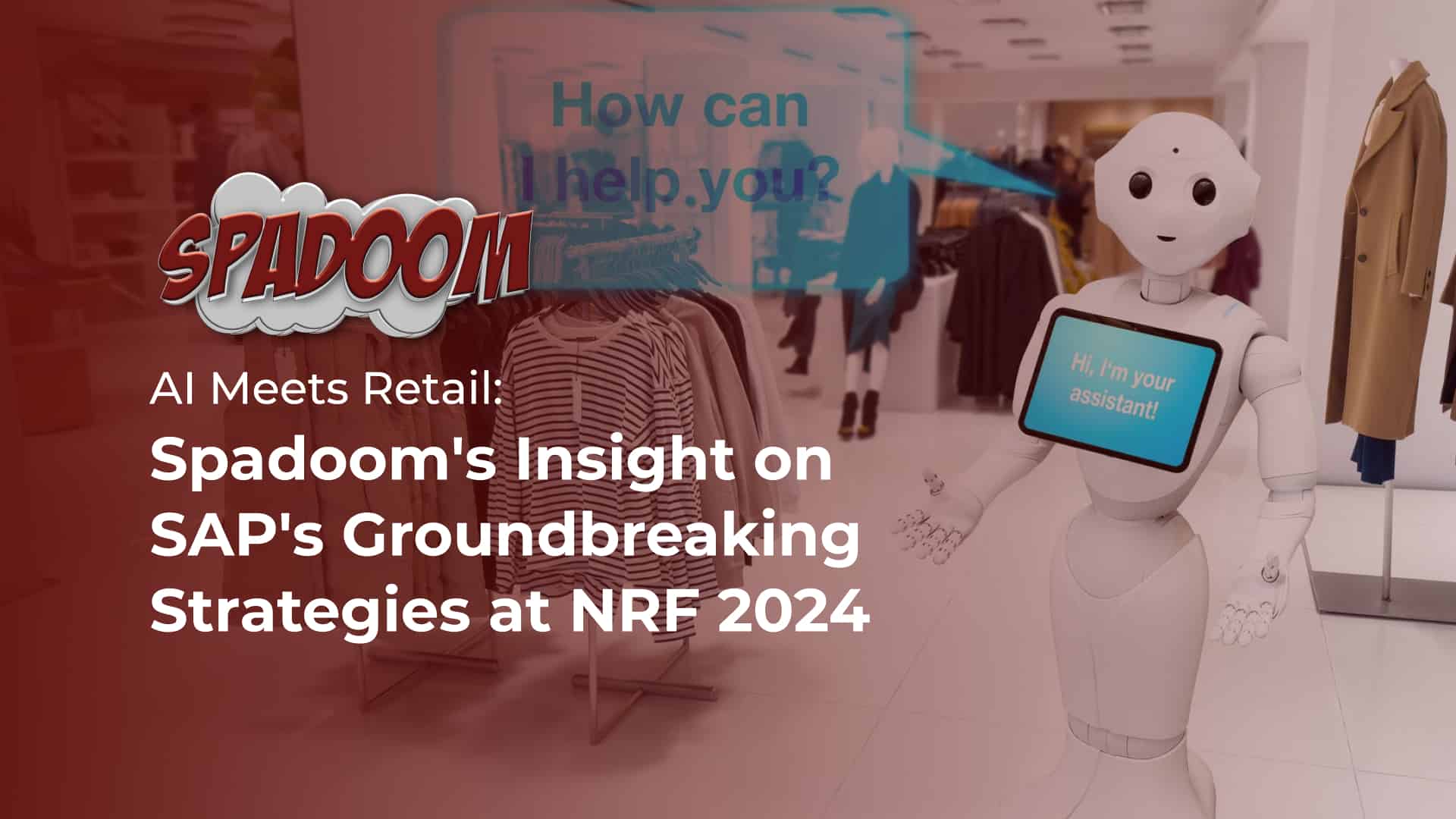Spadoom
Backed by SAP. Trusted by industry Leaders.
Proud Winner of the 2025 SAP Quality Award
For rapid, enterprise-grade SAP delivery that moves the needle
Spadoom
Runs SAP Better
Reduce service costs by 30% – SAP solutions for the manufacturing industry.
Our promise: We’ll reduce your service costs by 30% or we’ll keep working until we’ve done it.
Spadoom & Artificial Intelligence
Spadoom – your pit stop for sales, marketing and service in the manufacturing industry. We deliver fast, accurate results – without compromise. As the fastest growing SAP CX specialist in the DACH region, we maximize your success with optimized processes.

Our SAP Service Cloud transforms your customer service department into an efficiency powerhouse: faster response times, automated routine requests and drastically fewer recurring problems. Results that count:
Success story
Franke's service revolution
Franke, a leading manufacturer of kitchen systems, wanted to reduce service costs and increase customer satisfaction. Our customized SAP Service Cloud solution delivered impressive results:
Spadoom takes manufacturing companies to the next level.

Is your sales team
fed up?

No overview in the company?

Is your business
not running smoothly?

Is your sales department not generating enough turnover?
Spadoom recognizes lucrative sales opportunities for you that your team would otherwise overlook. This allows you to increase your sales by up to 50% without spending more money.
Your service - with and without Spadoom


Before
- Long waiting times for customers
- Manual, error-prone processes
- Overworked employees due to repetitive tasks
- No central knowledge database, redundant requests
- Unclear customer history

Afterwards
- 50% faster response times
- 30% automation of standard requests, such as order tracking and simple questions
- Focused employees for complex cases who have more time to build relationships with clients
- AI-supported knowledge database reduces recurring queries
- 360-degree customer view for personalized service, allowing customer needs to be better understood and met

Exclusive resources
for your success

CX Excellence Playbook

Industry leader for SAP CX in the manufacturing industry


Guaranteed results 30%


Fast implementation


Proven successes

Frequently asked questions (FAQs)
How long does the implementation take?
The implementation time depends on the scope of the project and the complexity of the existing infrastructure. As a rule, we expect 2-6 months.
Are there pricing models for SMEs?
Yes, we have special packages for SMEs that are tailored to their needs and budgets.
What does data security look like?
Maximum encryption and strict access controls – your data is secure.
News & Blogs
PRESS RELEASE Explore How Franke HomeSolutions’ Journey With Spadoom Led To Unprecedented Success! Franke Home Solutions, a division of Franke […]
What Is a SAP CX Consultant Agency, and How Can It Help You Grow Your Business? October 20, 2023 A […]
AI Meets Retail: Spadoom’s Insight on SAP’s Groundbreaking Strategies at NRF 2024 February 16, 2024 Artificial Intelligence (AI) is no […]





